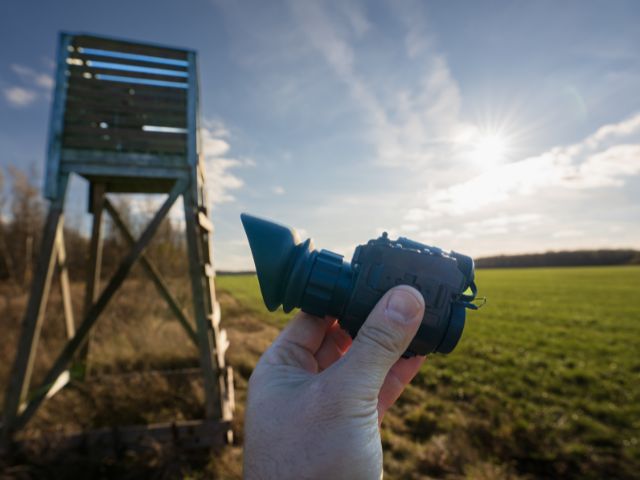
In today’s digital landscape, having a website for your business is just the beginning of your path toward success. To truly stand out and capture the attention of your target audience’s attention, you need to optimize your website for search engines. Search engine optimization (SEO) is a powerful tool that can elevate your online presence, enhance user experience, and significantly increase traffic to your site.
Let’s look at some tips for optimizing your business website for SEO to help you get the most out of your online presence.
Before implementing any optimization strategies, it’s important to conduct a thorough audit of your website. This will help you identify any technical issues, content gaps, and areas for improvement. Some key elements to focus on during an audit include site speed, mobile responsiveness, broken links, and duplicate content. These issues can significantly impact your website’s SEO performance, so it’s essential to address them before proceeding.
Keyword research involves identifying the words and phrases people use when searching for products or services related to your business. Incorporating these keywords into your website’s content increases its chances of appearing in search results and attracting relevant traffic. Use tools like Google Keyword Planner or SEMrush to research popular keywords within your industry and incorporate them naturally into your website’s content.
One of the most important factors for SEO is high-quality, relevant content. Creating this type of content helps with keyword optimization and keeps visitors engaged and returning for more. Make sure your content is clear, concise, and informative and includes multimedia elements such as images and videos. Knowing how to write SEO-focused blog posts and product descriptions is also crucial for driving traffic to your site.
On-page elements refer to a webpage’s technical aspects, such as title tags, meta descriptions, headers, and URLs. These elements provide important information to search engines and can greatly affect your website’s SEO. Include relevant keywords in these elements but keep them concise and descriptive for search engines and users.
Backlinks are links from other websites that direct traffic back to your site. Search engines use backlinks as an indicator of a website’s authority and relevance, so it’s essential to have a strong backlink profile. Reach out to other reputable websites within your industry and try to secure backlinks from them. This step will improve your website’s SEO and drive targeted traffic from those sites.
By following these tips for optimizing your business website for SEO, you’ll improve your online presence, attract more traffic, and effectively reach your target audience. Remember to regularly review and update your website’s SEO strategies to stay ahead of the competition and continue driving success for your business. It’s important to constantly learn and adapt to changes in search engine algorithms and user behavior to maintain a strong online presence.
24World Media does not take any responsibility of the information you see on this page. The content this page contains is from independent third-party content provider. If you have any concerns regarding the content, please free to write us here: contact@24worldmedia.com
Latest Posts

Why Stainless Steel Products Are Used in the Medical Field

How Industrial Facilities Can Reduce Energy Consumption

5 Mistakes That Supplement Companies Should Avoid

How To Extend the Life of Your Concrete Floors

4 Tips To Help Your Employees Be More Productive

The Threats Beehives Face When Improperly Moved

Building Up: The Daily Life of an Ironworker

Interesting Facts About Prefab Home Construction

Boat Battery Maintenance Tips and Tricks

Important Tips for Pursuing a Career in the Logging Industry

4 Mistakes To Avoid in Hazardous Materials Storage

The Benefits of Night Vision When Hunting